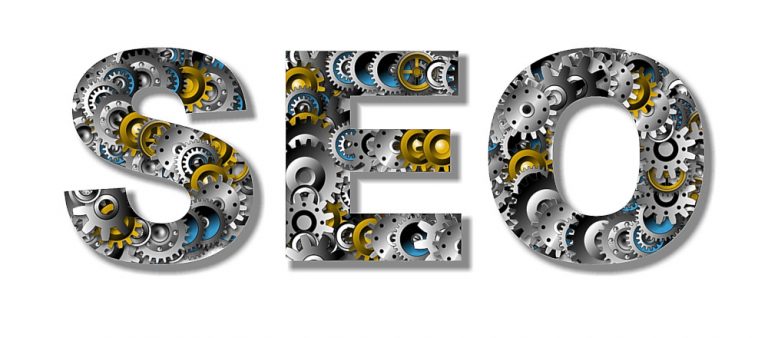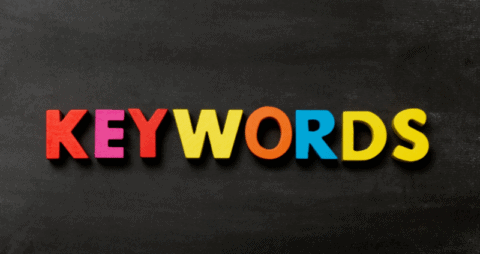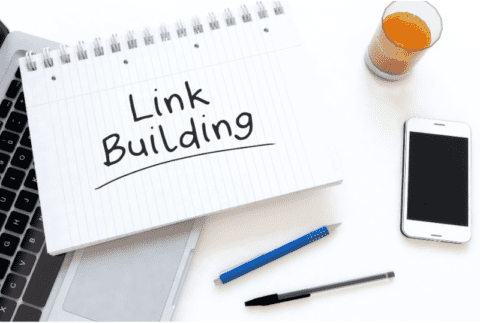

An Introduction to Search Engine Optimization
Search engine optimization (SEO) is a process of optimizing website content and structure to make it more visible to search engines, thus improving its ranking in the organic search results.
The definition of optimize is to make as effective or useful as possible. So, SEO is the process of making your website as effective and useful to users and search engines.
Tips And Tricks to Get Your Site Noticed In SERPS
Getting your website noticed in the search
engine results pages (SERPs) can be a daunting task. Fortunately, there are
some tips and tricks that you can use to improve the visibility of your website
and its ranking in the organic search results.
In this article, we’ll discuss various search
engine optimization (SEO) tactics that you can use to make your website more
visible, such as optimizing page titles and descriptions, creating meta tags,
and adding keyword phrases to various sections of the website.
We’ll also discuss how to ensure that all content is optimized for both search engines and users in order to maximize visibility. By following these tips and tricks you should be able to improve your website’s SEO and get noticed by more potential customers.
Let’s start by discussing the importance of
optimizing page titles and descriptions.

How to Craft SEO Friendly Page Titles and Descriptions
The title of a page should accurately describe what the page is about in as few words as possible. Page titles are one of the most important elements for SEO because they tell search engines what a particular piece of content is about.
When crafting page titles and descriptions, it’s important to use relevant keywords that accurately reflect the content. Additionally, it’s important to keep titles and descriptions concise while still providing enough information to let users know what they will find when clicking through.
When Writing Meta Tags
Meta tags are small snippets of code that provide additional information to search engines about the content on a webpage. The most important meta tags for SEO include “title”, “description” and “keywords” tags. These tags should accurately reflect the page content and include relevant keywords to help increase visibility in organic search results.
The meta description is a brief summary of the page. When writing meta tags, make sure that you include relevant keywords as well as a description of the page. This will help search engines understand what your page is about so that they can rank it more effectively. Additionally, when crafting meta tags, keep them concise and avoid keyword stuffing.
What is a Keyword
A keyword is a word or phrase used to describe the content of a web page. Keywords are an essential part of search engine optimization (SEO) as they help search engines understand what a certain website is about, and how its content can be relevant for users searching for specific terms.
Unlocking Your Site's Potential with Keyword Research
One of the most important aspects of SEO is keyword research. It involves researching and analyzing relevant search queries to determine which terms are most likely to bring users to your website.
By understanding which keywords are the most popular with your target audience, you can create content that is optimized for those specific terms, helping to increase its visibility in organic search engine results.
When conducting keyword research, it’s important to use tools such as Google Keyword Planner and Ahrefs to analyze data from your competitors and industry leaders. This will give you insight into the types of keywords that are being used by your target audience, allowing you to create content that is tailored to their search needs.


The Essential Elements of On-Page Optimization for SEO
On-page optimization plays an essential role in any comprehensive search engine optimization (SEO) strategy. On-page optimization focuses on the structure of your website and content to make sure it is easy for both users and search engines to understand what each page is about.
The goal with on-page SEO is to optimize all elements on a page to ensure it is visible to relevant search queries. The most important elements of on-page optimization include: Titles and meta descriptions, headings, content structure, URLs, images, and internal linking.
We’re already discussed Title and meta descriptions above, so let’s move on to heading.
Headings
Headings are used to break up text into sections and subsections, making it easier for readers to scan through the content quickly. Additionally, headings can be optimized with keywords so that search engines can better understand the context of the page.
Content Structure
Content structure is also important for SEO. By organizing content into logical sections and subsections, you can make it easier for users to quickly scan through it and find what they are looking for. Additionally, search engines will be able to more accurately identify the topic of each section and rank that content accordingly.
URLs
URLs also play an important role in SEO. URLs should be kept short and descriptive and should include keywords whenever possible. Additionally, URLs should be optimized for both users and search engines—you want them to be easy to understand and remember, while still being SEO-friendly.
Images
Images are another important factor to consider when optimizing a page for SEO. Images should include relevant alt text and should be properly sized so that they don’t slow down the loading time of the page.
Internal Linking
Finally, internal linking can also help to optimize your website for search engines. By creating links between related pages on your site, you can help search engines understand how the content is related, and you can also provide a better user experience by making it easier for people to find the information they need.
By implementing these on-page SEO techniques, you can help ensure that your website is easily found by users searching for relevant terms and that search engines are able to accurately identify the content of each page.

The Power of Link Building for Improved Search Rankings
Link building is an important part of any successful search engine optimization (SEO) strategy. Link building helps increase visibility and organic search rankings by connecting your website to other high-quality websites that are relevant to your industry. By getting inbound links from trustworthy sources, you will improve the authority of your website and help it rank higher in the organic search results.
Link building involves targeting other websites and finding ways to earn high-quality, authoritative backlinks. This can be done through guest blogging, broken link building, creating content that others will want to link to (such as infographics), or by leveraging your existing relationships with other industry professionals. All these methods have the potential to generate quality backlinks which can then be used to improve the reputation of your website and increase its chances of getting listed in the organic search results.
In addition to helping improve search engine rankings, link building can also have a positive effect on user experience. By connecting users to more relevant content, you will create an easier navigation flow and better user experience. This can lead to an increase in click-through rate, which can ultimately result in more website visits and conversions.
By leveraging the power of link building for improved search rankings, you can improve your website’s visibility and organic reach. By targeting relevant websites and creating content that others will want to link to, you can build a stronger website that is better able to gain recognition and rank higher in the organic search results. With the right link building strategy, you can ensure that your website is well-positioned to capitalize on potential opportunities and boost its performance in the SERPs.
In conclusion, search engine optimization
(SEO) is an important and powerful tool for any website looking to increase its
visibility and organic reach. A successful SEO strategy should include a
combination of on-page optimization techniques and link building efforts in
order to maximize the potential of your website.
On-page SEO includes optimizing page titles
and descriptions, creating meta tags, adding keyword phrases to various
sections of the website, and ensuring that all content is optimized for both
users and search engines.
Additionally, link building can help improve
organic search rankings by connecting your website to other high-quality
websites that are relevant to your industry. By leveraging the power of SEO and
link building, you can boost your website’s visibility, generate more website
visits and conversions, and improve the overall user experience.
If you are looking to
increase your website’s organic search rankings, it is important to create an
effective SEO strategy that includes on-page optimization and link building. To
get started, contact us.